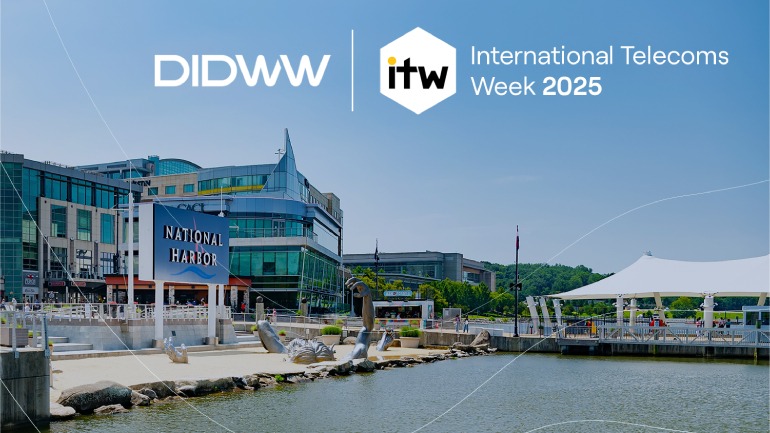U Mobile is transforming Malaysia’s 5G landscape by partnering with Huawei and ZTE to deploy the country’s second 5G network. Aiming for 80% population coverage within a year, U Mobile emphasizes robust 5G performance. This strategic move aligns with government efforts to boost competition and service quality.
India’s telecom operators must report all Chinese-made equipment still active in their networks, as part of a security review targeting firms like Huawei and ZTE. The move aims to limit future reliance on untrusted vendors while allowing existing systems to operate under strict oversight amid rising geopolitical and trade tensions with China.
The FCC has approved AT&T and AST SpaceMobile to test direct-to-cell satellite connectivity for FirstNet. This initiative aims to enhance public safety communications by extending reliable service to remote and disaster-affected areas through low Earth orbit satellites.
Several subsea cables in the Baltic Sea were damaged in November, sparking fears of sabotage. Swedish investigators found no clear proof of deliberate action, though suspicions remain. A Chinese vessel, present during the incident, is under scrutiny.
DIDWW, a global telecom provider, will showcase its advanced voice and messaging solutions at International Telecoms Week 2025. As a Gold Sponsor, the company will highlight its extensive phone number coverage, cloud PBX platform, and commitment to empowering seamless worldwide communication for businesses.
Cordiant Digital Infrastructure is on the brink of acquiring BT Ireland’s wholesale unit for €22 million. This strategic move, approved by Ireland’s Competition and Consumer Protection Commission, is set to enhance Cordiant’s influence within the Irish market.
FCC Chairman Brendan Carr has warned EU nations about growing reliance on Starlink, highlighting risks of over-dependence on a single satellite provider. European officials share concerns, especially as geopolitical tensions rise. While local alternatives like OneWeb emerge, the EU faces tough challenges in securing technological autonomy.
Beijing’s ambitious plan for integrating 5G technology into daily life by 2027 promises revolutionary changes in sectors such as healthcare and education. The city aims for 100% 5G user penetration, with 75% of network traffic utilizing 5G.
Nokia, Digita, and CoreGo are teaming up to deploy private 5G networks at major events, boosting secure, real-time connectivity for payments, ticketing, and operations. The flexible, scalable systems promise smoother experiences for attendees and staff.
The Philippines’ NTC has denied NOW Telecom’s appeal to extend its mobile license after the company failed to meet rollout targets—deploying just 6 of 2,306 promised base stations. Regulatory non-compliance and unpaid spectrum fees totaling PHP 3.57 billion further sealed its fate.













